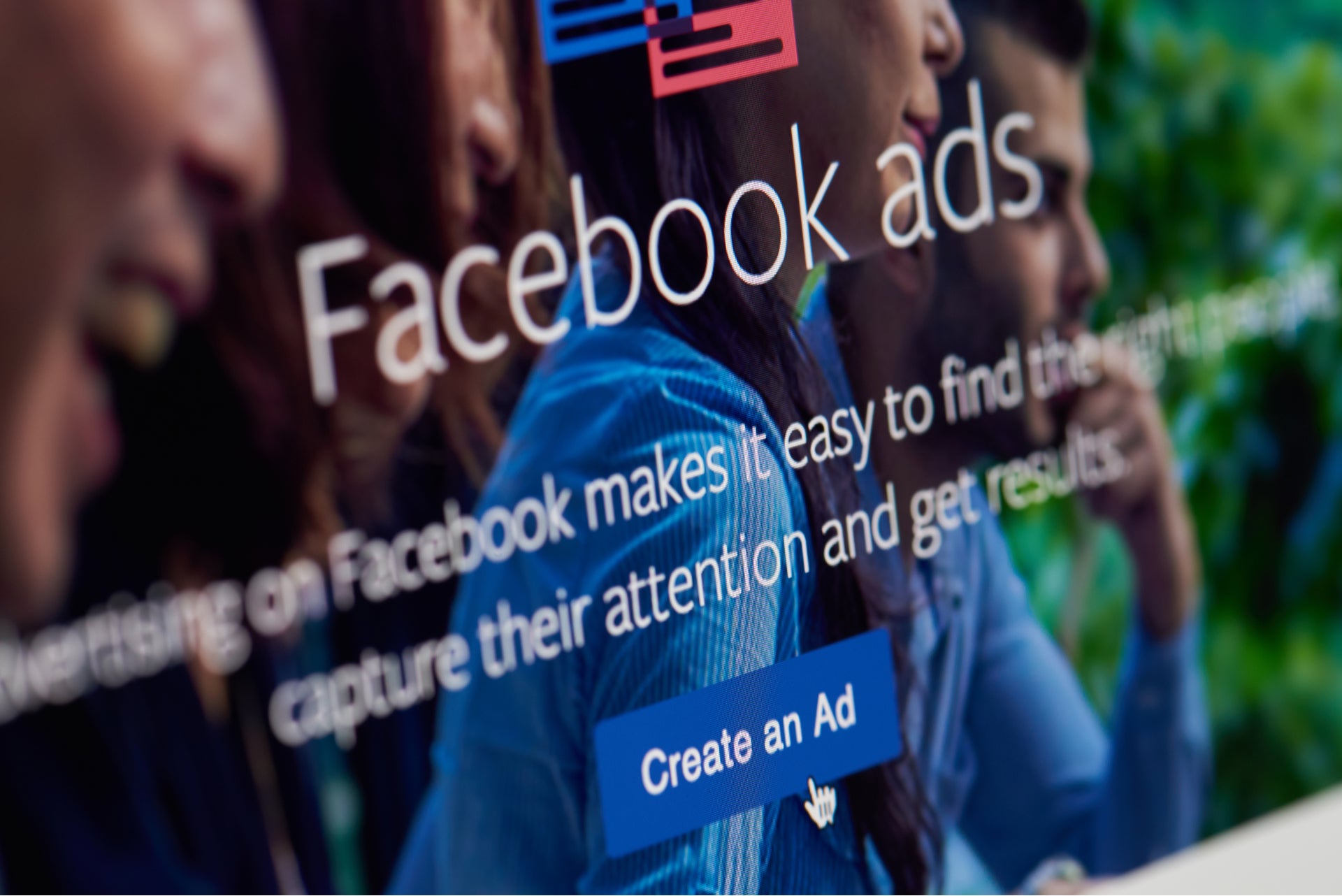
A tool built by Facebook to increase the transparency of political adverts placed on its platform contained “12 major bugs” that prevented it from working as intended during May’s EU parliamentary elections, according to research by Mozilla.
On 28 March, Facebook released an Ad Library API (application programming interface) designed to make it easier for researchers to analyse the ad data in bulk and spot potential disinformation campaigns.

Access deeper industry intelligence
Experience unmatched clarity with a single platform that combines unique data, AI, and human expertise.
Facebook first rolled out its online Ad Library in October last year following backlash about disinformation ads placed during the 2016 US presidential election and the UK’s Brexit referendum. All ads would be stored for seven years and information about who posted them and how much they paid would be available to anyone.
But Mozilla, the not-for-profit behind the Firefox web browser, says it carried out a review of the Facebook Ad Library API between April and May this year and found major shortcomings in the transparency tool.
These bugs and technical issues caused the API to stop working both in the run-up and duration of the EU election. Although ads were and are still viewable in the library, researchers and journalists wishing to trawl through the data in bulk encountered a number of technical problems.
Mozilla researchers said that information about who the ads were targeting was not available. In addition, data wasn’t tagged correctly and bulk data was not offered.

US Tariffs are shifting - will you react or anticipate?
Don’t let policy changes catch you off guard. Stay proactive with real-time data and expert analysis.
By GlobalDataIt also found that the Ad Library API is trapped in an “infinite loop” if the results contain too many ads. The same searches also returned “wildly differing results”. Such flaws made it “nearly impossible” for the Mozilla researchers to carry out analysis on European election ads.
Facebook Ad Library API bugs: “There are no excuses”
Mozilla said it had found bugs “on most days” since its March release. Facebook then fixed a critical bug, but that lasted for just two days. The Facebook Ad Library API then remained broken between 18 May and 26 May. The EU elections were held between 23 and 26 May.
“Our documentation of the broken API provides Facebook [with] a clear roadmap to make the necessary improvements to deliver a functioning and useful API,” said Marshall Erwin, senior director of trust & security at Mozilla.
“There are no excuses. Important elections are expected to take place almost every month around the globe until the end of the year. We need an API that actually helps – not hinders – researchers and journalists uncover who is buying ads, the way these ads are being targeted and to whom they’re being served. We need Facebook to be better.”
Mozilla has made all of its findings publically available and said it made Facebook aware of all the problems it found with the Facebook Ad Library API.
Satwik Shukla, a Facebook product manager, told the New York Times, which first saw Mozilla’s findings, that Facebook was “the first to introduce this level of ads transparency, and it remains a priority”.
Shukla added that Facebook was continually looking for feedback on its API and working hard to address the issues.
Google and Twitter have also created their own tools to provide greater transparency about who is placing political adverts, but researchers have pointed out that no solution is yet perfect.
A separate report by the French government also found problems with the Facebook Ad Library. Officials found some ads were sometimes removed without explanation, which Facebook said was the result of a labelling issue.
Verdict approached Facebook for comment but did not receive a reply at the time of publication.
Read more: Canada gets Facebook ad transparency tool ahead of election







